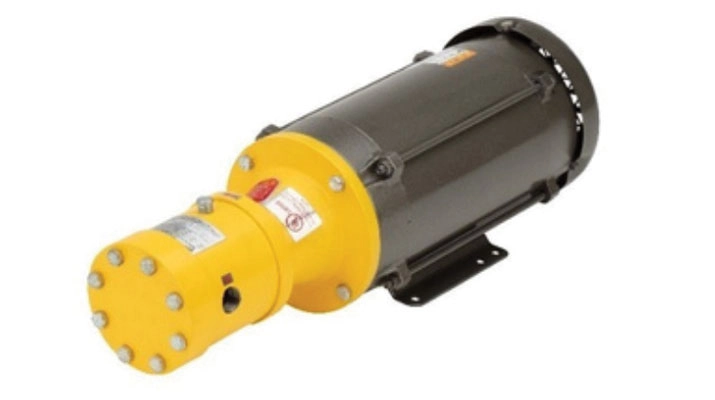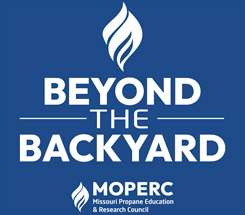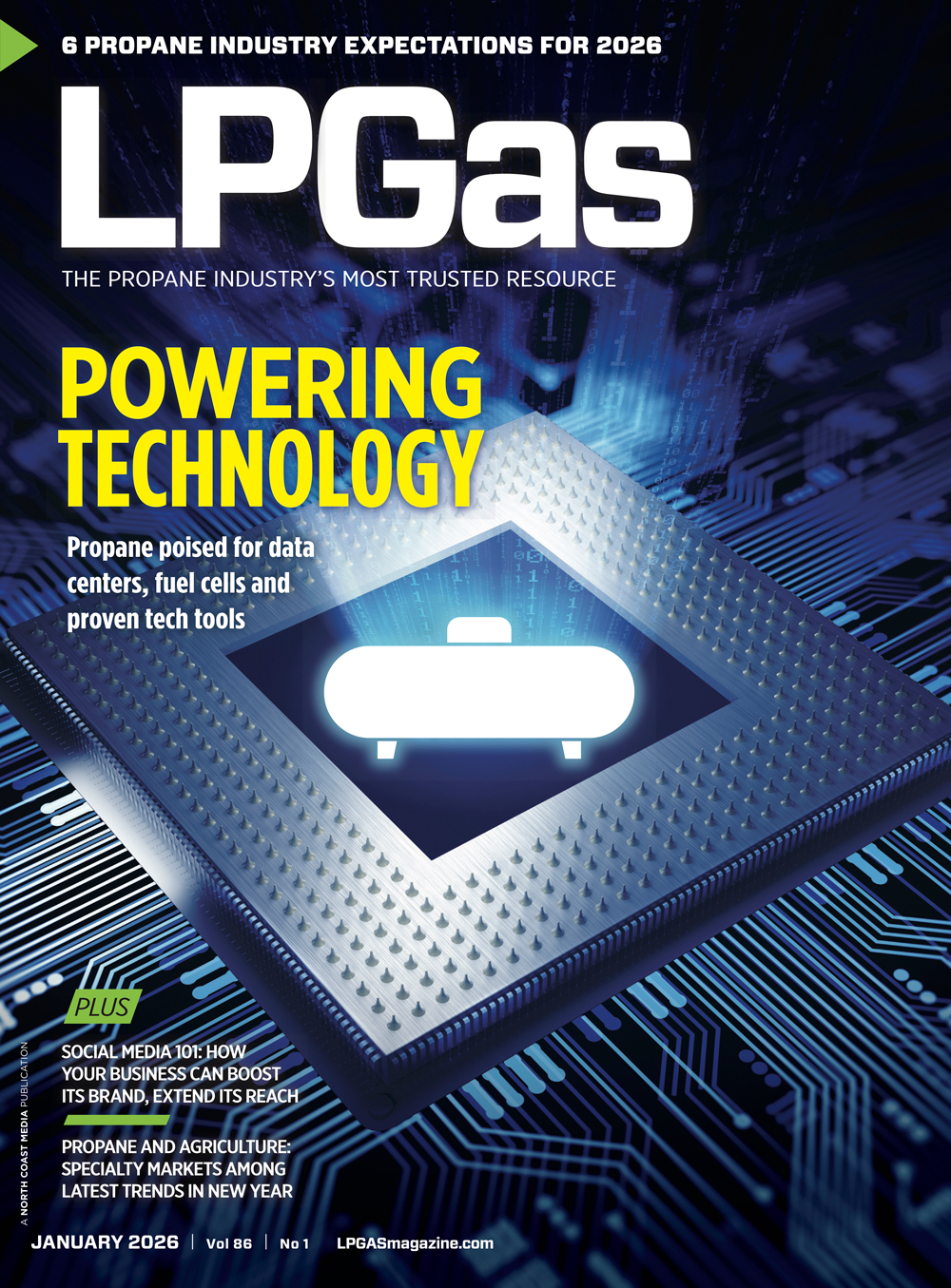Understanding certification standards for propane products
When it comes to propane systems, safety is a responsibility.
Whether you’re manufacturing, distributing, installing or using propane equipment, understanding certification standards is essential for ensuring product reliability and protecting lives and property.

▶ What is certification?
Certification is the formal process of verifying that a product meets specific safety and performance standards. These standards are developed by recognized organizations and enforced by regulatory bodies. Certified products undergo rigorous testing and evaluation to confirm they function safely under expected conditions and environments.
For propane products, certification helps ensure that components are built to withstand the unique challenges of pressurized, flammable gas systems.
▶ Why certification matters
Propane systems operate under pressure and involve combustible gases. Without proper certification, components may fail, resulting in leaks, fires or explosions. Certification ensures that products:
- Meet design and performance benchmarks
- Are constructed from appropriate materials
- Function in real-world conditions
- Comply with applicable codes and regulations
In short, certification is the difference between a product that’s merely functional and one that’s proven safe. It protects consumers, technicians and businesses alike.
▶ UL certification
Underwriters Laboratories (UL) is one of several organizations designated as a Nationally Recognized Testing Laboratory (NRTL) by the Occupational Safety and Health Administration. An NRTL is an independent lab authorized to test and certify products for safety according to U.S. standards.
For propane products, UL certification means the component has been evaluated by a trusted third party to ensure it meets rigorous safety and performance criteria. This includes testing for:
- Material durability
- Resistance to environmental stress
- Safe operation under expected use conditions
NRTL certification is especially important in regulated industries, where compliance with safety codes is mandatory. UL’s status as an NRTL gives manufacturers, distributors and consumers confidence that certified products meet nationally accepted benchmarks for safety and reliability.
▶ ASME certification
While UL addresses general product safety, the American Society of Mechanical Engineers (ASME) certification focuses on mechanical integrity, particularly for pressure relief devices used in propane containers.
Pressure relief valves are critical safety components designed to release excess pressure and prevent container rupture. ASME-certified relief valves are engineered to meet stringent mechanical standards, ensuring they:
- Activate reliably under overpressure conditions
- Withstand the stresses of pressurized systems
- Maintain consistent performance across varied environments
These valves are built to comply with the ASME boiler and pressure vessel code, which governs the design and construction of pressure vessels. Unlike uncertified alternatives, ASME-certified devices undergo extensive testing and quality control, reducing the risk of malfunction and enhancing overall system safety.
Having ASME certification becomes a cornerstone of responsible propane system design.
▶ Choosing certified products
When selecting propane products, always verify:
- The product bears a recognized certification mark (such as UL or ASME).
- Certification is appropriate for the product’s intended use.
- Documentation is available to confirm compliance.
Working with certified products protects your customers, and it protects your business from liability and regulatory violations. Certification also simplifies inspections and helps ensure compatibility with other certified components in the system.
Certification and customer confidence
For consumers, certification provides peace of mind. It signals that the product has been independently evaluated and meets accepted safety standards. In a market where safety is paramount, certification can be a deciding factor in purchasing decisions.
For manufacturers and distributors, certification enhances credibility and marketability. It demonstrates a commitment to quality and safety, and it opens doors to broader markets and regulatory approval.
Final thoughts
Certification isn’t just a label. It’s a promise of safety, reliability and performance. Whether you’re installing a propane tank, servicing a regulator or inspecting a relief valve, choosing certified components is the most effective way to ensure your propane system operates safely and efficiently.
UL and ASME certifications work together to cover both general product safety and mechanical risks, forming a comprehensive safety framework for propane systems. By prioritizing certified products, you’re not just meeting standards; you’re conforming to them. After all, by appropriately selecting the products you use and sell, you can ensure the safety of the systems that help you provide clean and efficient energy to your customers.
Randy Warner is product safety manager for Cavagna North America. Reach him at randywarner@us.cavagnagroup.com.
NOTE: The opinions and viewpoints expressed herein are solely the author’s and should in no way be interpreted as those of LP Gas magazine or any of its staff members.
Featured homepage image: bluekite/E+/Getty Images
Related Articles
Product certifications: How we know propane products are safe
















